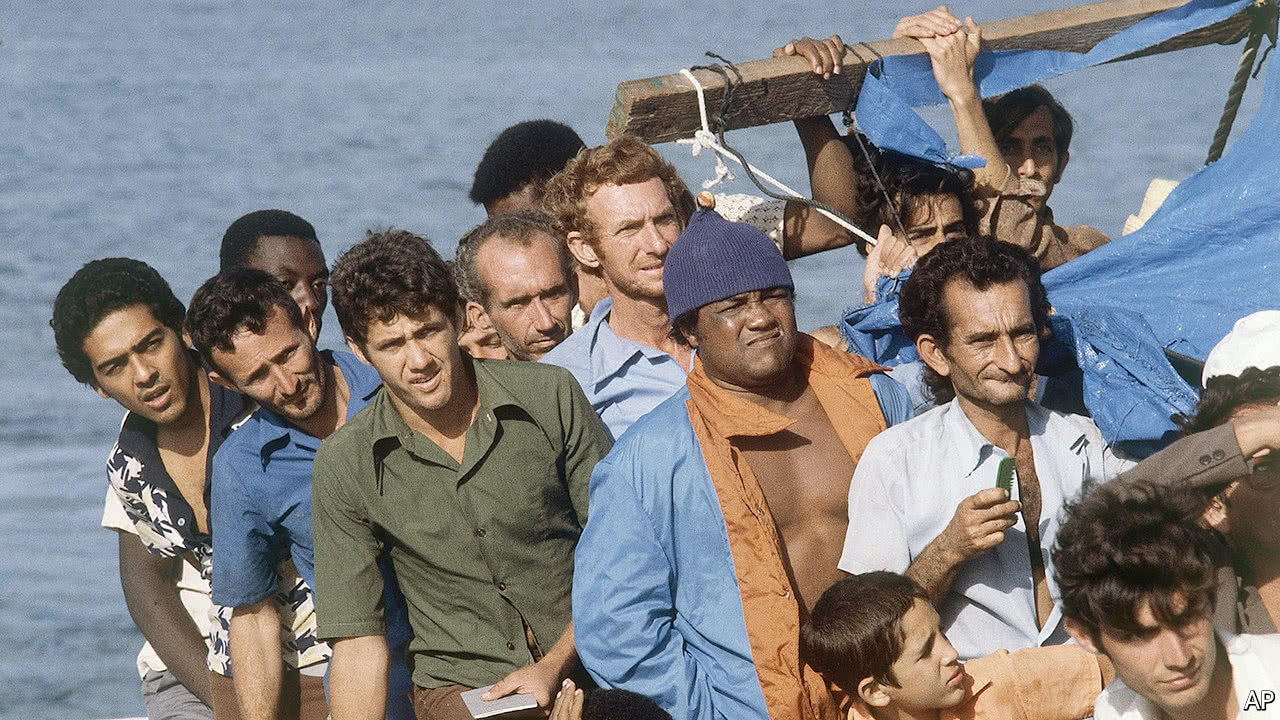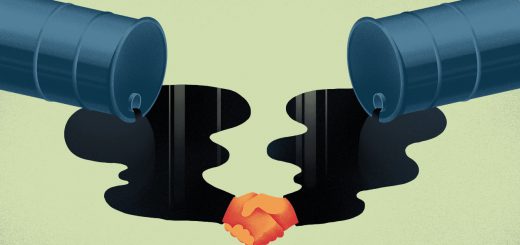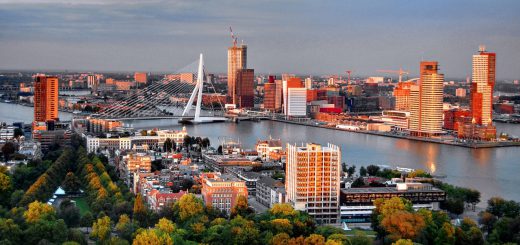A new paper rekindles a tiresome debate on immigration and wages
WHAT effect do immigrants have on native wages? It’s perhaps one of the most important questions of labour economics. It’s also one that is largely unanswerable. The problem is that it’s almost impossible to separate cause and effect. If a country with high rates of immigration also sees strong wage growth, we can’t assume that immigrants are boosting wages—it may well be the case that the migrants are choosing to move to places with stronger economies.
One approach to getting around this problem is to find a natural experiment in which either the supply of or demand for labour changes exogenously. Perhaps the most famous example of such an event in labour economics is the Mariel Boatlift. In 1980, Fidel Castro, then president of Cuba, eased emmigration restrictions. Some 125,000 Cubans moved to the United States that year. Almost instantaneously, the labour supply of Miami increased by 55,000.
The Mariel migrants were overwhelmingly low-skilled workers—less than half had high-school degrees. In 1990, David Card, now an…









